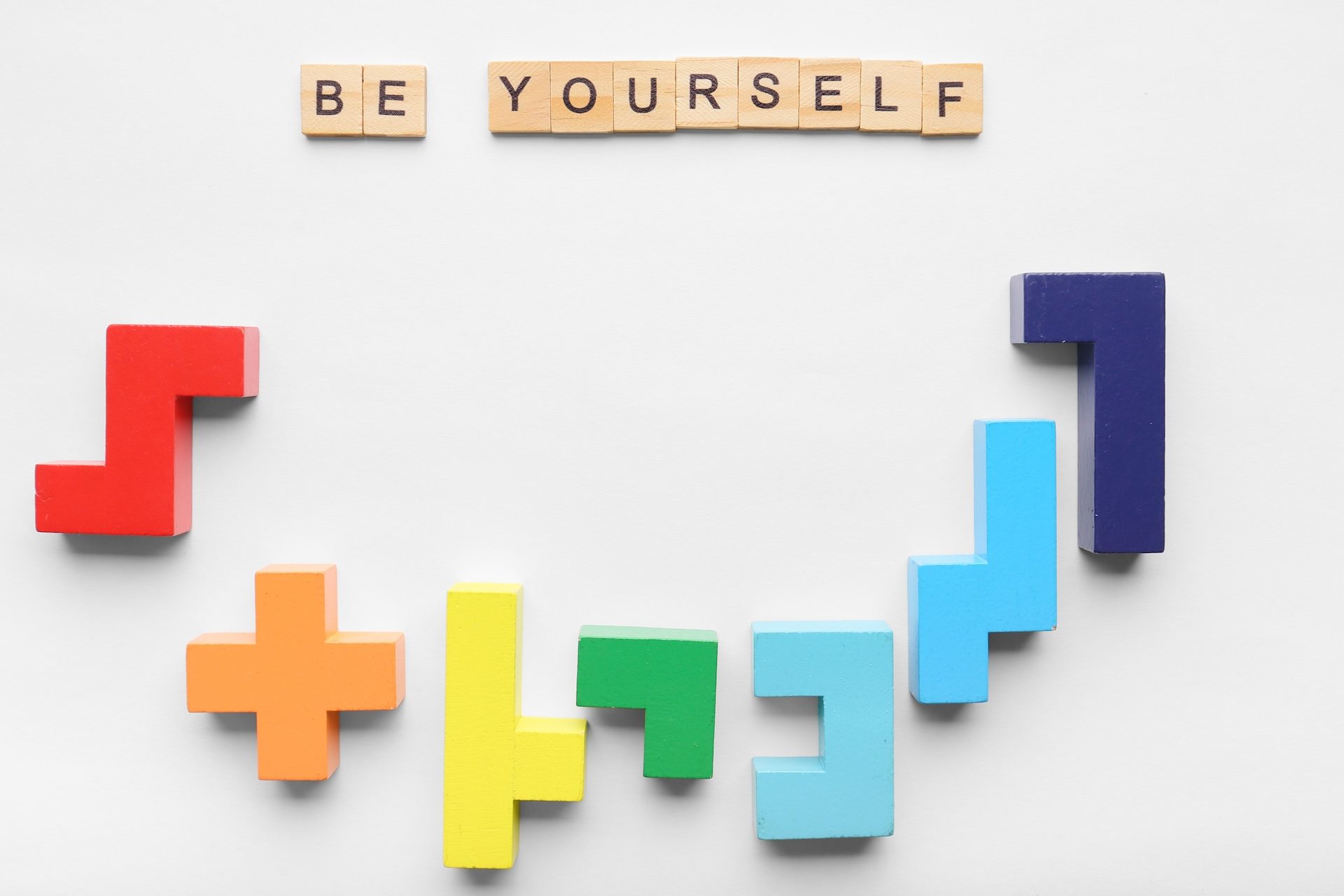
Explore your personal space, where, when and how you feel safe.
Importance
An Individual Lacking in Personal Safe Space
Personal safe space

An individual lacking in personal (psychological) safe space can put their well-being and overall quality of life under question, for it may impact them in many ways more than one, physically, mentally, emotionally etc. Below are some occurrences for one to be concerned about due to this lack:
1) Mental and Emotional Exhaustion: In today’s fast paced world where every pause is feared, exhaustion is a given. It is essential to have a personal psychological safe space to find a refuge from the demands and stressors of everyday life. Taking time out for oneself is not only a mere desire, but a necessity. To stay still, internally and externally, and reflect upon matters that matter, helps strengthen personal safe spaces, and in turn avoid burnout, increased anxiety and diminished sense of well-being.
2) Lack of Self-Discovery and Growth: The feelings of being lost and perplexed about one’s purpose stems out from the lack of enough self-reflection. Lack of self understanding might limit the personal growth of an individual thus, leaving them feeling stagnated, disconnected with one’s authentic self, and dissatisfied with their own life. Having a personal psychological safe space enables an individual to gain an understanding of self by letting them have the space to explore their thoughts, emotions and experiences freely, without prejudice.
3) Difficulty in Coping with Stress: Processing and coping with stress are vital aspects of living. Sadly, most struggle with it. Personal psychological safe space helps individuals cope with their day to day stressors of life by giving them a sense of awareness of self. Moving with a sense of direction helps reduce anxiety, depression and various mental health issues. When this space is absent, individuals may struggle to find healthy outlets for stress management.
4) Strained Relationships: A person mentally at peace within maintains peaceful relations with others as well. A disturbed mind invites conflicts and unhealthy boundaries which negatively impacts their emotional health. A personal psychological safe space helps keep one calm and collected, nurtures mental wellness, avoids emotional overwhelm, and in turn serves as a saviour towards their relationships and connections.
5) Impact on Productivity and Creativity: Personal psychological safe spaces develop an environment where an individual can readily concentrate, thus optimising productivity and creativity. Unsettling environments and thoughts can give birth to a distracted mind and hinder personal / professional growth of an individual. For creativity to passionately flourish with newer ideas and their execution, personal safe spaces help explore and provide for thinking out of the box.
6) Overall Quality of Life: Personal psychological safe spaces help individuals stay true to themselves, and thus cherish life within and without. The absence of a safe space can result in a diminished quality of life, leaving individuals feeling overwhelmed, disconnected, and dissatisfied. A safe space brings about that balance between the known and unknown, and thus aids with a fairer chance at life and living, for a life without balance is a life devoid of peace.
Thus, devising personal psychological safe spaces enhances the overall mental, physical and emotional well-being of a person. Such spaces allow individuals to reflect upon their thoughts and emotions, enriching the connections they hold with themselves, and the outside world.
At Work
An ideal workspace ensures both physical and emotional safety of all aligned i.e. employees, employers, contractors, vendors etc., where they feel comfortable and protected, and their mental well-being is given its due. Personal safe spaces for them are important for several reasons:
1) Emotional well-being: A personal safe space for all at work takes care of their emotional well-being. It enables them to observe all their passing thoughts and emotions which helps them manage stress, social anxieties and emotional overwhelm they may face at the workplace. The space encourages them to acknowledge their feelings in the most genuine way possible. The personal safe space helps ensure self-reflection, self-care, and relaxation, ultimately bringing them peace and relief.
2) Self-expression: A personal safe space facilitates an open environment to speak freely, without the fear of being judged and criticised. It helps contain any stresses on their mental health by providing them with a sense of comfort and calm through their sharing of opinions, beliefs and experiences. Personal safe spaces shape their identity, values and interests by letting them engage in open discussions with transparency, and hence help develop a stronger sense of self.
3) Validation and support: Humans are a social animal. It’s significant for the emotional health of a person to feel understood and seen. In safe spaces, people find validation and support from others with similar experiences or perspectives and thought processes. They help cultivate a sense of belonging and relatability by bringing together like minded individuals. It also ensures external support like empathy and understanding to all coping with challenges, overcoming adversity, and promoting personal growth.
4) Learning and growth: When work spaces feel safe, comfortable, calm and at ease, all aligned are more likely to learn and evolve better. A sense of relief within their minds can motivate them to freely participate in discussions, express their opinions and explore ideas they have been holding back on. When feelings are validated and mental health is being taken care of, it encourages self-reflection, self-awareness, and continuous learning, fostering personal and professional development.
5.) Boundary-setting: Weak boundaries in relationships and interactions can be challenging to a person’s mental well-being. Personal safe spaces aid in setting strong boundaries which provide the member with a sense of control over their words, the decisions they make and actions they take. On the outside, it helps them protect their physical and emotional well-being, ensuring that their needs and values are respected.
Overall, personal safe spaces help create an environment where individuals can thrive, be their authentic selves, and nurture their mental wellness, overall happiness and fulfilment.




